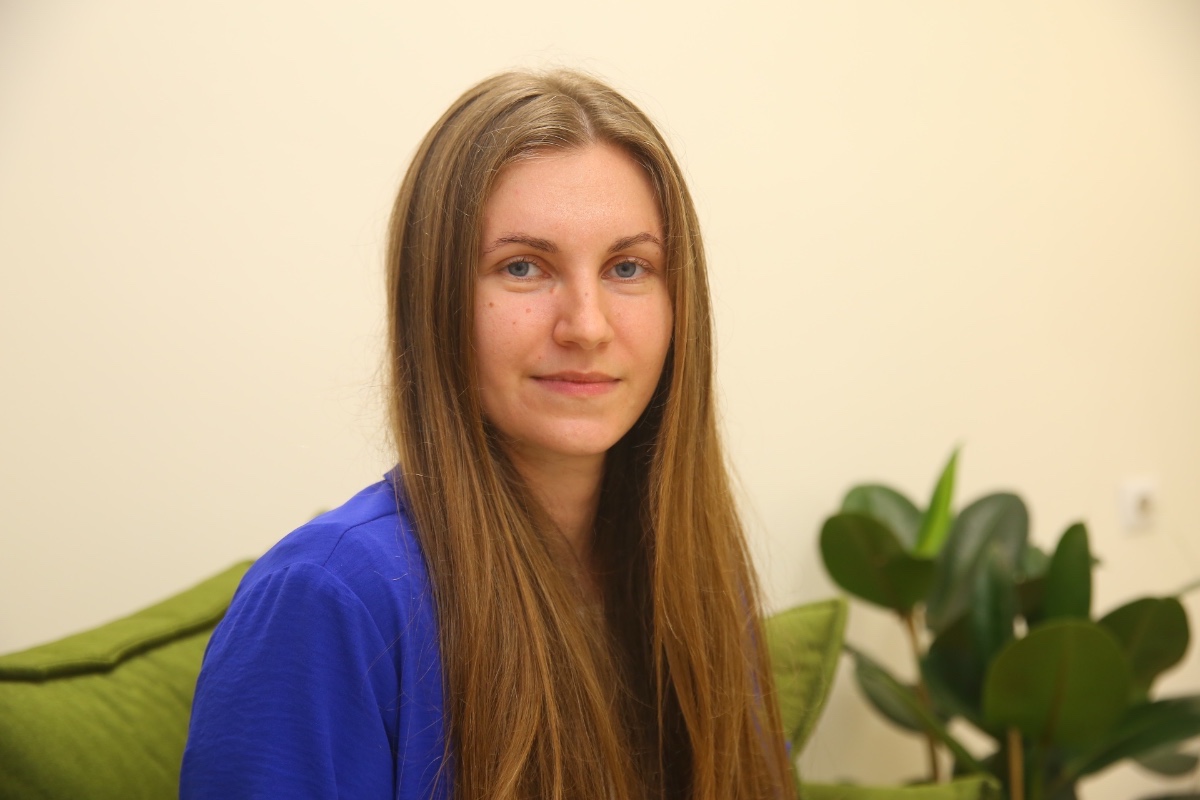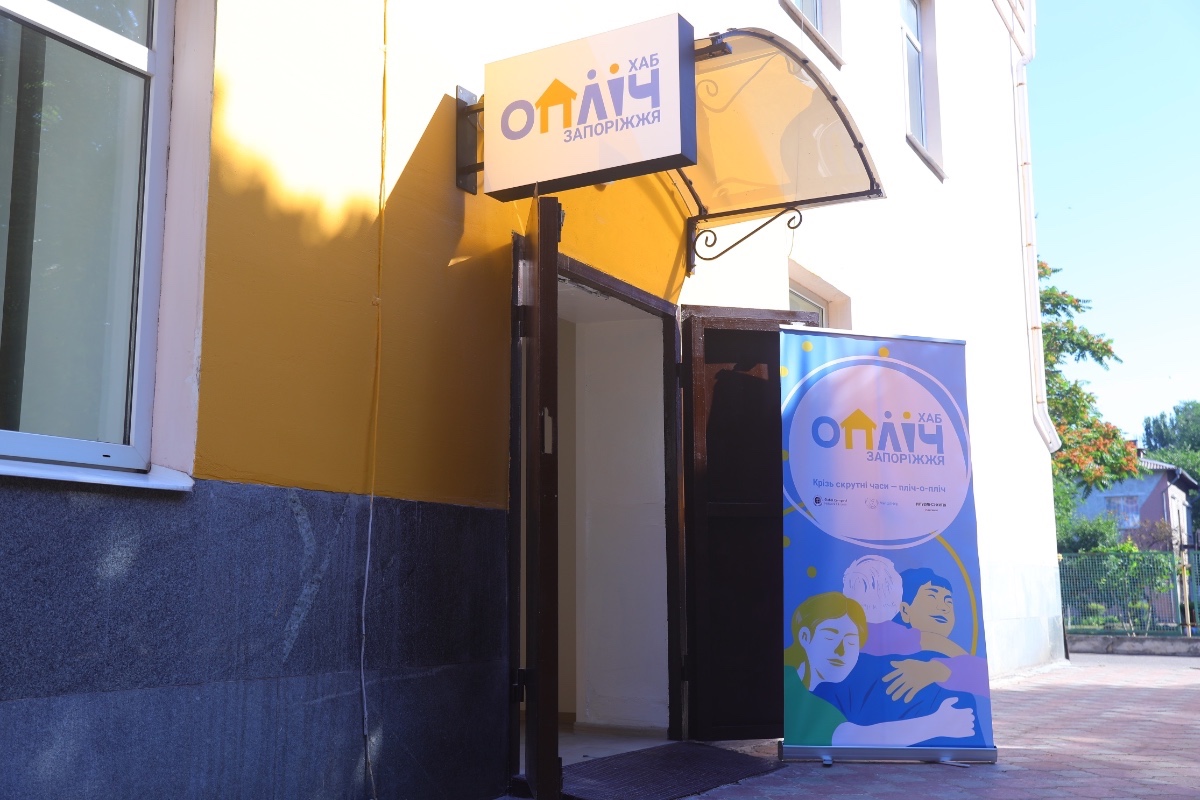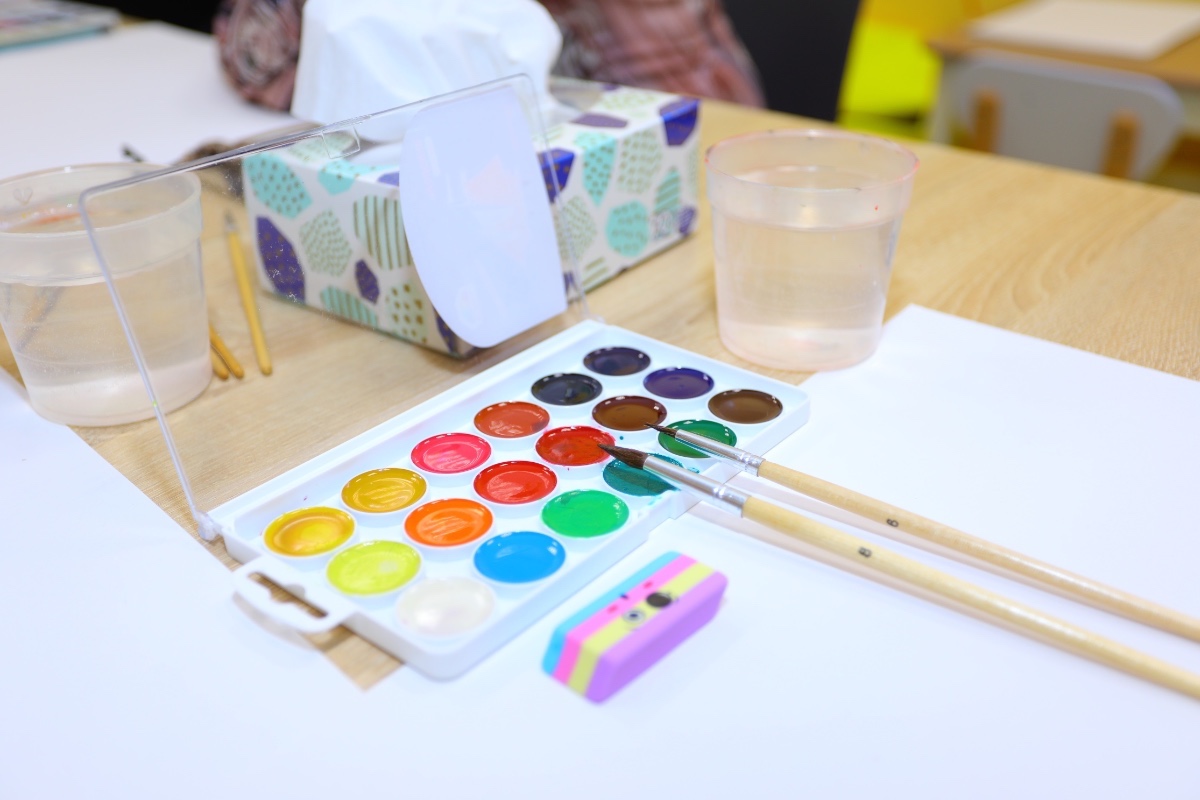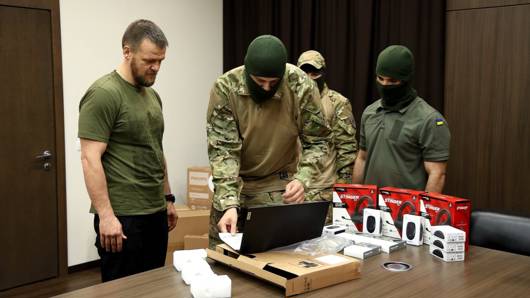Psychologist Valeriia Kuznetsova talked about the symptoms of depression and how to get yourself out of this state.
During the full-scale war, the psycho-emotional state of Ukrainians deteriorated significantly. According to statistics from the Ministry of Health of Ukraine, 50% of Ukrainians are at risk of various mental disorders, and 40-50% of people will need psychological counseling or psychiatric help. In fact, this is every second person.
Valeriia KUZNETSOVA, a psychologist from the Oplich HUB community centre, spoke about what depression is, how to identify it, how to help yourself get out of this state, and when to see a psychologist.

– Please tell us, what is depression, and what are its symptoms? How can a person understand that he or she is getting depressed?
– If we consider depression as a disease, when a person goes to a psychiatrist rather than a psychologist, the signs are the following. The person just lies in bed, does nothing, and cannot take care of simple things on their own – hygiene, food. In simple terms, this is constant apathy. It is very difficult to get a person out of this state. And usually it is someone close to the person who has to help, to take the person to a doctor who will prescribe medication, including treatment. If we are talking about the problem that psychologists deal with, the signs are slightly different. In particular, a person may have eating disorders – eating to cope with stress or, on the contrary, malnutrition, sleep problems, feel depressed, and lack of energy.
– According to recent studies, has the percentage of people diagnosed with depression increased since the start of the full-scale war?
– I will say more, during the full-scale war, every Ukrainian faced a mild form of depression. Because we don't get enough sleep, we have systemic headaches after regular rocket attacks, we all live in constant anxiety about ourselves, our loved ones, our future. And if you notice signs of depression for two or more weeks, you should consult a specialist.
– Constant anxiety and tension in a time of the war leads to certain consequences – what are they? Which ones do psychologists face and how often do they encounter while working at Opilch HUB?
– First of all, it is anxiety and insomnia, which become systemic. People also often come to us with questions about low self-appraisal. And in general, what happened during the war to all Ukrainians is that we faced a lot of stress, which occupies us completely. That is, we lived our lives, with our routines, with certain traditions. And now the usual routine has changed, we have to adapt to the circumstances, change our traditions and lifestyle. This is mostly what causes depression. Not to mention the losses that people suffer from the war - the death of loved ones, the loss of their homes, occupation, etc. In addition, people have now lost the ability to communicate and be part of society as they used to. Some people have family or friends abroad, others are under occupation, but the need for society does not disappear. At Oplich HUB, they also find an opportunity to communicate with each other.
– What activities, strategies and tools do the psychologists of Oplich HUB use in their work with people who have depression or its signs?
– We try to create a comprehensive approach to solving certain problems. I personally conduct individual consultations for adults and families. Usually, in our work, we try to analyse a person's condition as deeply as possible and give them the tools to work through this condition. During the consultations, I have a different approach to each person, everything is individual. Everyone has their own request and needs. The hub also offers the opportunity to attend art therapy group sessions, where a psychologist communicates with you through creativity. These sessions actually help to fill the need for a hobby and learning something new. To relieve physical stress, Oplich HUB offers yoga classes four times a week. That is, here we try to create a variety of leisure activities that will be beneficial for the body, soul and mental health. There are many other activities, such as career guidance for children, tea ceremonies, trainings and master classes, etc.


– Why shouldn't you ignore depression in the hope that the problem will resolve by itself?
– If a person has a mild form of depression and only a few symptoms, you can try to deal with it on your own. For example, if you suffer from insomnia, try to introduce evening walks in the park into your life. You don't have to walk 10,000 steps at a time – take someone close to you and walk for at least half an hour in the fresh air. If you want to be alone, you can take headphones and turn on your favourite music and walk around the park listening to it. Then take a warm bath or shower and drink warm herbal tea. This will help you fall asleep faster and your sleep will be more sound. But if you realise that this does not help you, be sure to consult a psychologist. Prolonged depression is difficult to treat, by psychiatrists, and usually with medication. But it affects not only your psycho-emotional state, but also your physical health – your cardiovascular system, the nervous system in particular.
– How can a person maintain his or her psychological state on their own and is it possible in a time of the war?
– Of course it is, everything is in our hands. You should start by analysing the state of your body. Go to a doctor and get a checkup. Sometimes a depressed state can also arise due to health problems, for example, during unstable hormonal levels, vitamin deficiency. The second rule is a balanced diet and good sleep, giving up alcohol, smoking and other bad habits. This is the base, the foundation of your well-being, both mental and physical. Try to communicate with your loved ones more often, go for walks, have fun. Sometimes it can be difficult. But if you are not replenishing your reserve of positive emotions, this is a direct path to depression. Under no circumstances should you focus only on the negative. Try to read less news, look for interesting activities and hobbies. And, of course, don't hesitate to consult a psychologist if you feel you can't cope on your own. There is no shame in this, but your life will definitely start to change.
It should be noted that everyone is welcome to visit Oplich HUB in Zaporizhzhia. All activities of the centre for children and adults are absolutely free and confidential. At Oplich HUB, you can get legal or psychological advice, attend yoga classes, or just come with your child to have a rest in the playroom. All you need to do is to make an appointment by calling or texting in Telegram +38 (066) 853 78 98. The community centre is located at 17 Nezalezhna Ukraine Street (Metallurgists' Palace)










